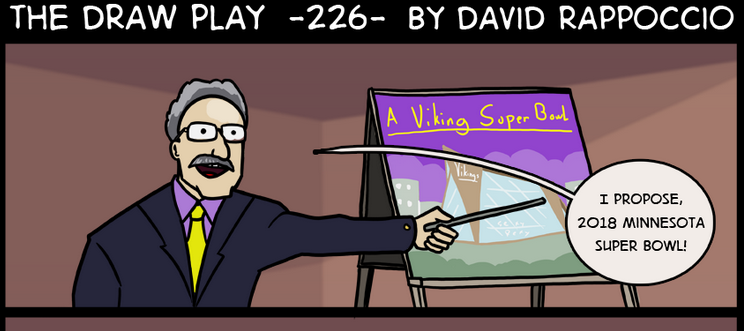Nick Gillespie reports on the one war we should be happy to lose once and for all:
It turns out that Dick Cheney isn’t the only Bush administration muckety-muck still fighting the last war.
Even as the former vice-president took to the pages of The Wall Street Journal to blame Barack Obama for the deteriorating situation in Iraq, George W. Bush’s drug czar, John P. Walters, is arguing in Politico that no, really, victory in the war on drugs is just around the corner. We’ve just got to hold the line, don’t you see, especially against Barack Obama, “whose administration has facilitated marijuana legalization” despite also setting a record for federal raids against medical pot dispensaries in California.
More important, insists Walters, is that you understand “Why Libertarians Are Wrong About Drugs.” Well, OK. I know I’ve been wrong about drugs at times. For instance, I seriously worried that Colorado might have taxed its fully legal pot out of reach of most buyers, thus allowing a black market to thrive. But it turns out that the biggest problem in the Centennial State is how to spend extra tax revenues generated by pot sales, which are coming in 40 percent higher than expected. Oh yeah, and crime is down in Denver.
Recognizing that public opinion increasingly backs treating pot similar to beer, wine, and alcohol, Walters explains that the “the libertarian commitment to freedom should absolutely be acknowledged and, in a time of growing state control, defended. But, when it comes to drugs, libertarians have yet to grasp just how much drug abuse undermines individual freedom and erodes the very core of the libertarian ideal.”
This is simply the old, unconvincing argument that currently (read: arbitrarily) illegal drugs rob individuals of the ability to act rationally or purposefully and thus present a special case in which freedom must be disallowed. This canard is as worn as out as a meth addict’s gums. The same thing was said about booze in the run-up to Prohibition, of course: The man takes a drink and then the drink takes the man and all that.


 I probably don’t need to say that the Super Bowl is a big ticket item … that much must be clear even to people who don’t have any conscious awareness of the NFL. Part of the push for a new football stadium in Minnesota was the hope that the new stadium would allow Minneapolis/St. Paul to bid on (and hope to win) the competition to host the Super Bowl in the newly completed stadium. The NFL being what it is, this meant a lot of “sweeteners” had to be offered to entice the league up to the deep freeze of Minnesota in the middle of winter. (Full disclosure: I’ve never been to Minnesota in winter, so maybe I’m just being swayed by pro-winter propaganda, but I believe it gets a tad cooler in the land of the ten thousand frozen lakes than it does in, say, Miami.)
I probably don’t need to say that the Super Bowl is a big ticket item … that much must be clear even to people who don’t have any conscious awareness of the NFL. Part of the push for a new football stadium in Minnesota was the hope that the new stadium would allow Minneapolis/St. Paul to bid on (and hope to win) the competition to host the Super Bowl in the newly completed stadium. The NFL being what it is, this meant a lot of “sweeteners” had to be offered to entice the league up to the deep freeze of Minnesota in the middle of winter. (Full disclosure: I’ve never been to Minnesota in winter, so maybe I’m just being swayed by pro-winter propaganda, but I believe it gets a tad cooler in the land of the ten thousand frozen lakes than it does in, say, Miami.)



